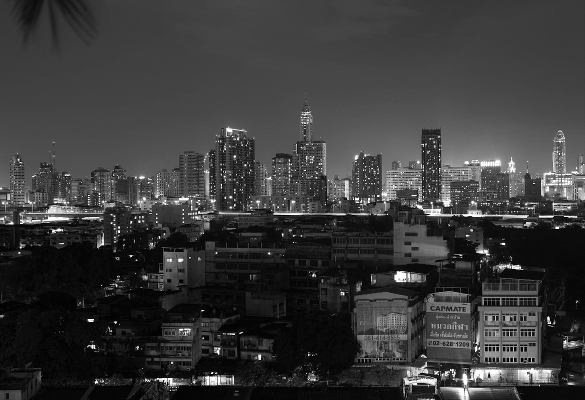
Rich-poor gap
How can ethical market economies be encouraged to reduce the gap between rich and poor?
IMF estimates Gross World Product will grow 3.1% in 2016 and 3.4% in 2017. Meanwhile, concentration of wealth is increasing, income gaps are widening, employmentless economic growth seems the new norm, return on Investment in capital and technology is usually better than labor, and future technologies can replace much of human labor; hence, long-term structural unemployment is a “business as usual” surprise free forecast.
However, the gap between advanced and developing economies is expected to keep diminishing, with the emerging market and developing countries continuing to grow considerably faster, given their increasing labor force and expanding markets potential, versus the advanced economies, which are mostly replacement markets. As their economic power grows, local brands are also increasingly taking over foreign companies, further consolidating the economic and political positions of their countries, and unfolding new opportunities. Building on the success of the Millennium Development Goals, the Sustainable Development Goals will further engage the international community to reduce inequality within and among countries, by a more comprehensive approach that includes social, economic and environmental dimensions along with increased accountability.
About Us
V CombinatorTM is a virtual group of globally operating venture builders, business developers, and serial entrepreneurs with the aim of building, growing and internationalizing ventures in order to create sustainable values for our clients and investors, and to help solving global challenges.
V CombinatorTM is based in Vienna, host to many international organizations, including the United Nations.
